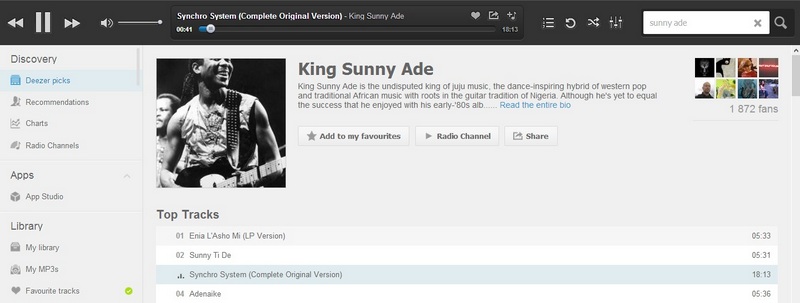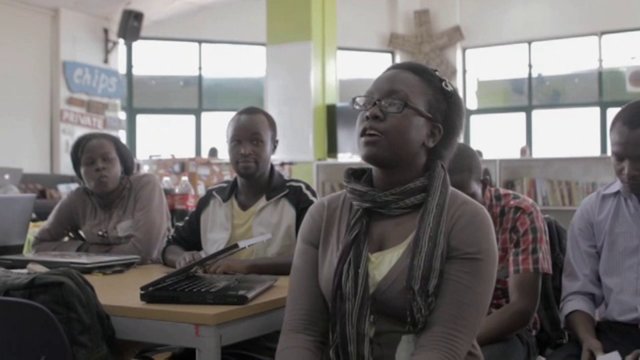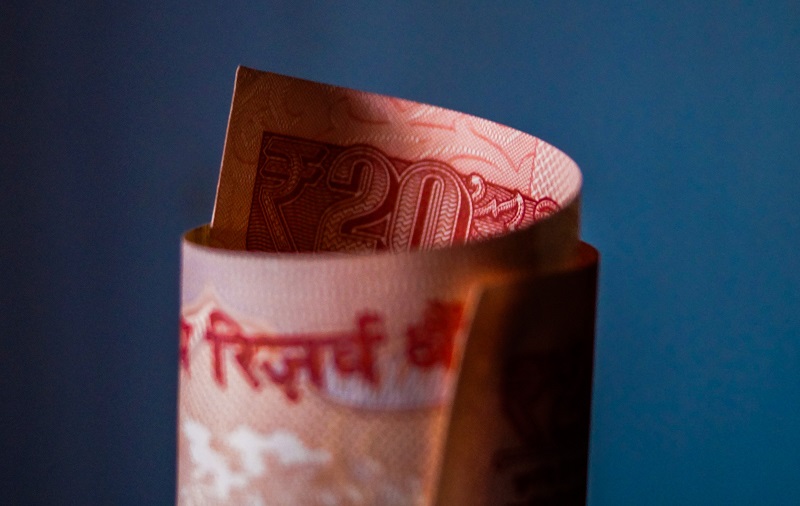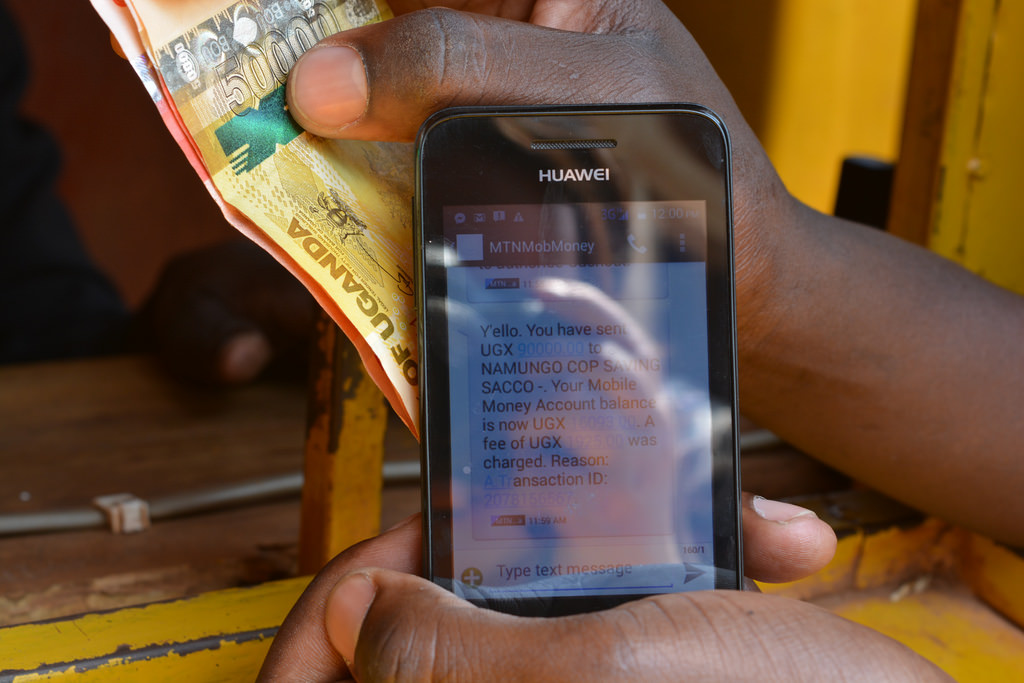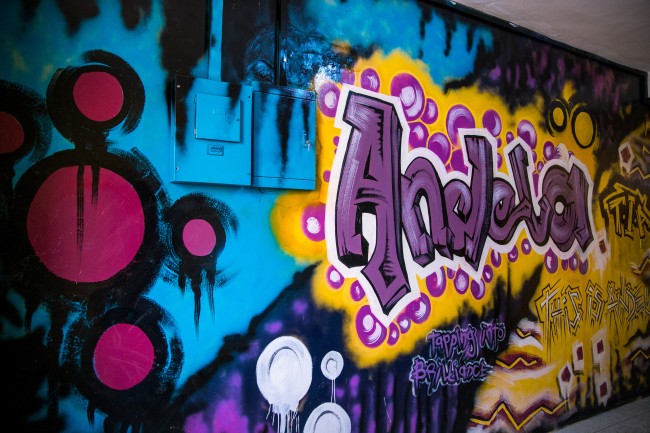One of the courses I treated with the greatest disdain in University was GES 101. I can’t remember the official title of the course now but I do remember that one of the topics was language and how culture and technology affect language. This has been proved true and become more evident as we march forcefully on into the 21st century. Until about 5 years ago, tablets were medicine, tweets were onomatopoeic sounds, swiping meant stealing and streaming was something only a river or estuary did. The secondary (?) meanings that all these words and many more have acquired, one could argue, are actually close to achieving primary status now.
The advances in technology have presented new challenges for distributors of entertainment content. The market is swinging firmly away from scheduled to content to “on demand” or “a la carte”, where the user/consumer merely pays for access and is thereafter able to determine the order in which he will watch or listen to the content. The consumer could also decide to purchase the content outright, and with purchase comes the ability to move content between storage devices. Delivering content in this manner will require the consumer to have enough space to store his content library. Thus, advances in digital broadcast have also been accompanied by exponential growth in storage technology.
A result of all this progress is that while my dad still has a collection of vinyl records occupying roughly twenty cubic feet of space somewhere in my late grandmother’s house, I can carry infinitely larger amounts of music around on a device no larger than my palm. This is good for the honest consumer but it makes piracy a whole lot easier.
Forgive me for being Captain Obvious so far, but a context needed to be set.
Piracy – in this context, the unauthorised distribution or selling copies of music – has always been with us and will probably always be with us. The problem is worse in many African countries, including Nigeria, where the government’s anti-piracy efforts are extremely feeble where they exist at all. Today, anyone can be a pirate, as is evident with so-called “offline downloads” being the primary concern of many labels and artistes in Nigeria.
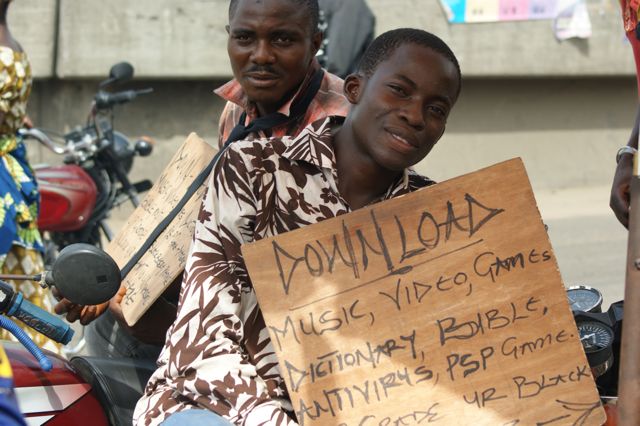
image credit: TechCrunch
“Offline downloads” is the copying that goes on, frequently for paltry sums, from laptops or external hard drives to USB storage devices. It has been reported that the “content aggregators” (with sincere apologies to legitimate content aggregators) charge as little as one naira per track copied. With more and more cars and even portable radios coming with auxiliary USB audio sockets, one can see why members of the Copyright Society of Nigeria (COSON) are alarmed.
The Nigerian industry is also peculiar in the way its revenue stream works. Piracy killed record sales decades ago. The industry tried to solve this problem by selling record masters to distributors at the major piracy centres (tragically ironic, right?). Even at that, many emerging artistes are willing to give their music away for free on popular blogs and websites in return, hopefully, for exposure and recognition, which ought to translate into touring and performing income.
Thus, music is largely freely available on both the supply and demand sides of the music equilibrium. How then can digital translate to money for the local, large-scale distributors?
The challenge before Iroking and Spinlet, Nigeria’s two main digital distributors – the companies adopting the Spotify/Deezer models of monetising content – is to convince a large enough number of people to agree that paying for music is worthwhile. In a country of 160 million people with a median age of 19, the market is certainly there. Potentially. However, even Spotify, with its 24 million users (6 million of whom are paying subscribers) is yet to turn a profit, in its 7th year of operation. iTunes, it is claimed, is running barely above break-even (another great infographic here for dataheads), though Deezer claims to be profitable.
These companies exist in countries with mature copyright enforcement systems, where music royalties have been a dependable source of livelihood since forever. This means that there already exists a culture for paying for music. In spite of this, however, musicians are complaining that the revenue from streaming isn’t anything to get excited about. According to Zoe Keating (crossover classical musician) these are the different streaming rates that various distributors offered her (very useful table, actually). So, if neither the streamers nor the streamed are making money (though this point is heavily disputed),what’s the point of this business model? What will the point of this business model be in Africa, in Nigeria?
To understand profitability in the business, one must first understand how the service is priced. Most digital music distributors, in addition to outright sales, have a free (advert-supported) service, a limited subscription service (ad-free, but limited number of streams), and a premium subscription service (ad-free, unlimited streams). Therefore, first of all, the difference between outright sales and streams must be taken into account.
A physical CD in Nigeria is usually priced between N150 and N1,500 (not counting “deluxe” editions). This pricing model can easily be adopted for digital sales. A stream, on the other hand, occurs when a track (not downloaded) is listened to for at least 30 seconds. The minimum listening period varies (some agreements say 45 seconds) but the first problem streaming has is how you quantify a listen. Do you randomly estimate how many listens can be extracted from a CD before it becomes unplayable? If a 9-track album costs N150, this equates to about N16 to “own” each track for life. How many times should a streamer be able to listen to a track before his use translates to N16 for the artist? Is this even the metric that distributors and artists/collecting societies use?
Speaking of collecting societies, one must commend COSON and the efforts they have made thus far in ensuring that music makers receive royalties for the use of their music. It is not clear however, whether they will function as an aggregator in respect of their dealings with digital distributors. Their primary revenue targets to date have been radio and tv stations, hotels, events venues, etc. and this category of people should rightly pay COSON a licence fee. However, should an Iroking or a Spinlet pay COSON a licence fee, given that each artist enters into a licensing agreement with the digital distributors? If yes, would that not effectively be double licensing, as the artists will collect under their individual licensing agreements, regardless of whatever fee COSON extracts. More importantly, was it the intention of the artists when joining COSON that the collecting society would take over all licensing activity? These are the issues that will need to be clarified as digital music expands in Nigeria.
The Value Added Service (VAS) companies that collaborate with telcos to sell ring-back and call-back tones are currently the silent winners in this quest to monetise digital music. Personally, I would never willingly activate a ring-back tone but I am a single subscriber in a pool expected to surpass 128million by 2014. The VAS market in Nigeria is currently valued at over N78.5bn and “may actually be moving towards $1bn in the next three years“ .
In addition to all that’s been said here, artists should consider ditching the “listen for free” model and start steering their fans towards platforms where listening generates them money. This may mean starving the blogs of some content and some blogs therefore going rogue and becoming pirate broadcasters (lawsuits, yaaay!!) but if physical sales are dead, then digital must reward maximally.
As for who will win the race to crack digital music in Nigeria, Iroking and Spinlet need to take on and subdue Deezer and Amazon first and hope that Spotify doesn’t decide to expand its operations to Nigeria before then. The catalogue is everything!
This post first appeared on Rotimi Fawole’s blog.









